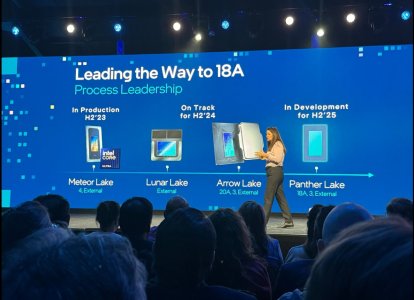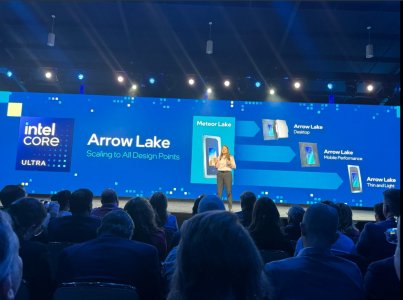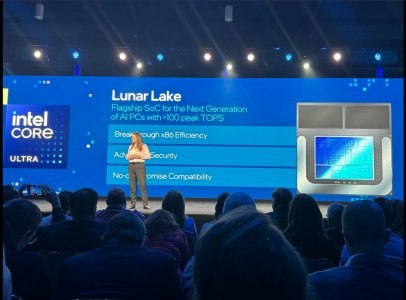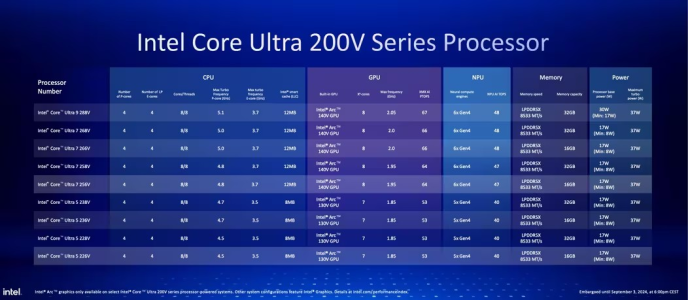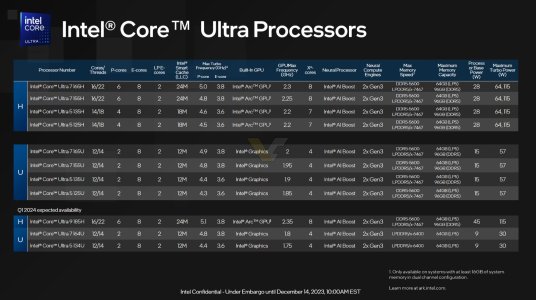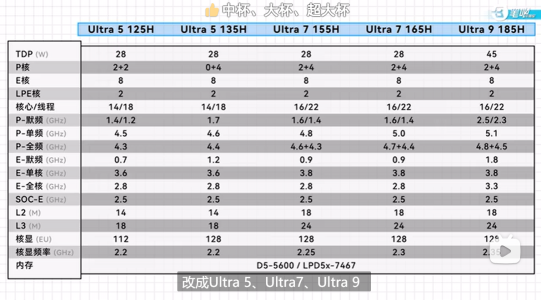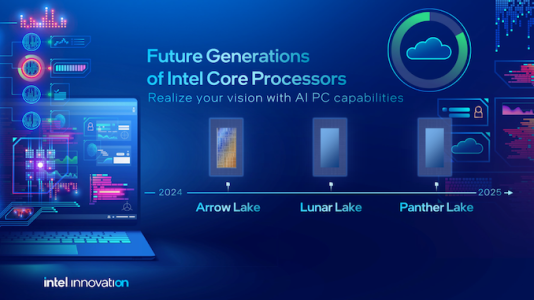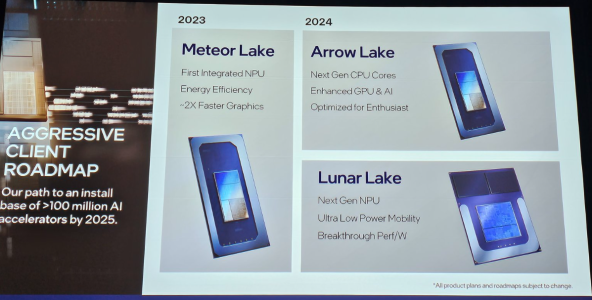David's argument was that Intel needs to be significantly better than TSMC to steal business from them. The fact that laws of physics seem to deny us progress on further nodes does not change the sales and marketing conundrum for Intel when competing with TSMC.
Just as he said, AMD executed very well for many years before they started getting more customers in servers and mobile, and they're still facing a head wind. Inertia is huge in this field.
I don't buy that argument. Inertia applied for Intel and AMD because they were at best equal solutions in the non technical realm. Actually less than equal, since Intel controlled their means of production while AMD had outsourced their fabs, which is the sort of thing OEMs like Dell had to take into account back when AMD was dependent on GF and wouldn't have been able to take significantly larger chunks of the PC market at the time because GF simply lacked such capacity.
The situation between TSMC and Intel is completely different. Not only does TSMC have some geopolitical risk associated with it due to their location (which they can partially defray by putting true leading edge fabs elsewhere rather than N+1 fabs as currently) but Intel has a "made in the USA" advantage. That's not only extremely important to defense/government and defense/government adjacent markets, but it is something that can make a difference in the minds of many end product consumers in the US.
I'm actually kind of surprised Intel hasn't tried to play that up on its PC CPUs. It doesn't seem like it would be that difficult to insure that Dell, HP, etc. PCs destined for sale in the US get CPUs made in US fabs and put a little American flag next to the Intel logo on the holo sticker. They could do that elsewhere too, with lesser impact, though they'd have to insure they don't include that in countries where it would be seen as a negative. That would be a better marketing campaign than "Intel inside" was, and is something AMD (and Qualcomm) can't counter, at least not in the near future.
I think all Intel needs to do is roughly match TSMC in the price/power/performance domain (i.e. being slightly ahead in one and slightly behind in the other two would be good enough in my mind, just don't trail in all three) to be considered a superior solution both due to the "not putting all our eggs in a basket located on an island next to a potentially aggressive superpower that claims its as its own territory" and "rah rah made in the USA" factors.
Intel's biggest challenge is not beating TSMC, significantly or even slightly, it is proving that they can execute on a process roadmap and produce chips in volume at the scheduled time. Then if they achieve both those goals to invest (or rather have invested in the previous several years to be ready) in capacity sufficient to be able to accept the new major customers that would come knocking on their door.
